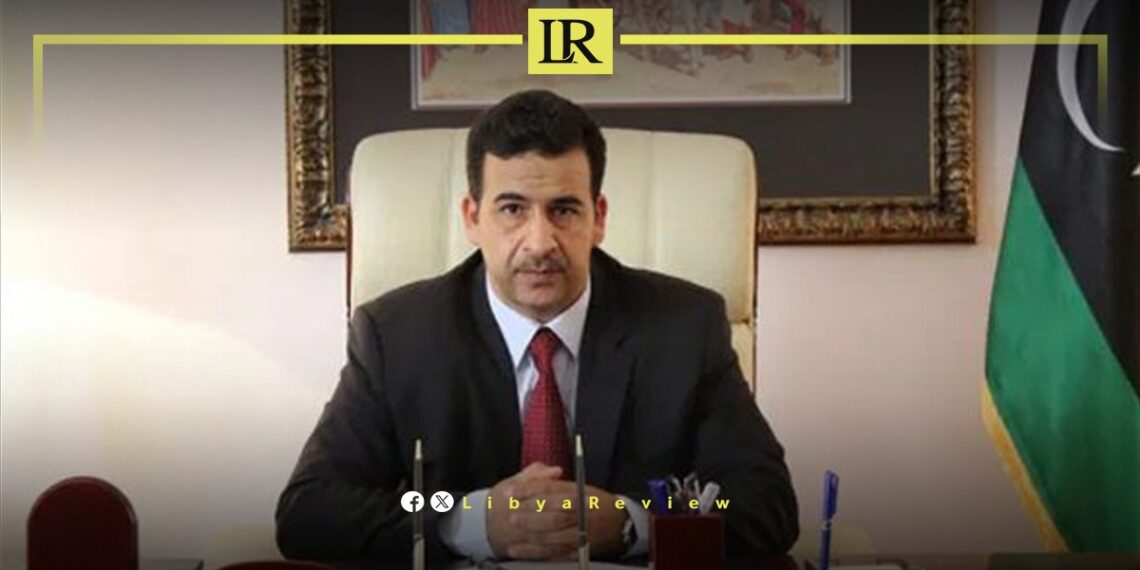Following the resignation of Abdoulaye Bathily, the Head of the United Nations Support Mission in Libya, Fawzi Al-Nuwairi, the Deputy Speaker of the Libyan House of Representatives (HoR), has highlighted this event as an indicator of the international community’s failure to address the Libyan crisis effectively.
In a statement, Al-Nuwairi urged Libyans from all sectors—political figures, security personnel, and citizens—to take ownership of resolving the crisis independently of foreign interventions. He emphasized the importance of adopting national solutions to address the ongoing political challenges.
Al-Nuwairi pointed out that the severity of foreign interventions and the lack of credibility from the international community necessitate that Libyans take the initiative to overcome the obstacles that hinder their nation’s present and future development.
He also called for a responsible and earnest advancement of the national reconciliation process before it becomes too late. Al-Nuwairi stressed the need for greater reliance on Libya’s professional state security institutions now more than ever, to counter threats to the country’s security. He appealed to all Libyans to set aside personal, factional, and regional interests in favor of genuine national actions.
On Tuesday, the United Nations (UN) special envoy to Libya, Abdoulaye Bathily, resigned from his position, citing significant challenges in pushing forward the political process due to the self-serving interests of Libya’s leaders.
Bathily submitted his resignation to UN Secretary-General Antonio Guterres, expressing his concerns over the inability of the United Nations to effectively support Libya’s political journey amidst such leadership challenges.
Appointed in September 2022, Bathily has publicly criticized key Libyan leaders for their deliberate efforts to thwart international peace initiatives and their continuous stalling of the electoral process. He pointed out that Libya has turned into a hotbed of intense rivalry among regional and international actors competing for control over the country’s strategic resources, making a peaceful solution increasingly elusive.
During a Security Council session addressing the situation in Libya, Bathily, who also served as the Special Representative for the UN Secretary-General, expressed his frustrations over the failure to resolve disputes related to electoral laws and the formation of a unified government with Libya’s five principal stakeholders.
His attempts were met with consistent resistance characterized by “stubborn opposition, unreasonable expectations, and a disregard for the welfare of the Libyan people.”


